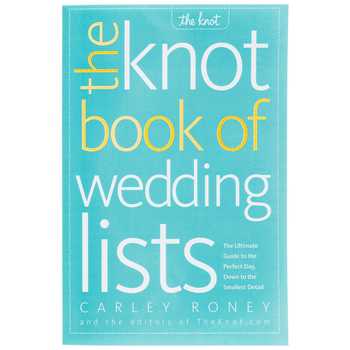This post is part of a series about gay marriage. You can browse all posts in this series at its index
I’m not a quite a language prescriptivist, but I share with my conservative friends a certain propensity to get short-tempered with radical redefinitions (a word to the wise: once you hear the phrase “Words have meaning!” escape my lips, you have about 30 seconds to detonation).
So perhaps the couples in the articles below should consider themselves on notice.
‘Sugarbabe’ favors negotiated infidelity (CNN)
Hill says she believes negotiating their infidelity has been instrumental in keeping their relationship strong and committed, not to mention electric.
“[Dean] can have sex with the Australian women’s basketball team for all I care, but he can’t spoon any of them,” says Hill. “For me, spooning is cheating.”
The secret of a happy marriage? Live next door to your husband (Daily Mail)
To be honest, I think we’ve hit on an arrangement that most women secretly wish for, sick of the squabbling over the washing-up or their husband’s shavings in the sink. Having separate houses puts paid to all that, but it also means that when we’re together it’s because we like each other’s company, not out of habit or because we’re forced to exist under the same roof. We appreciate and respect each other a lot more.
Our once-traditional marriage has evolved into a very modern relationship where we are effectively married singletons, but remain wholly committed to each other. Although I love my husband and he makes a great next-door neighbour, there’s no way I want to live with him.
Why Divorce? Just Stay Separated (NYT)
“Many people I’ve worked with over time enjoy the benefits of being married: the financial perks, the tax breaks, the health care coverage,” said Toni Coleman, a couples therapist in McLean, Va. “They maintain a friendship, they co-parent their kids, they may do things socially together. Sometimes they’re part of a political couple in Washington or have prominent corporate positions. But they just feel they can’t live together.”
The only reason I’m disposed to have sympathy for these folks is because, as the last quote suggests, marriage has been muddled up into a question of contract law. I don’t see any reason why the state should get to have any say in who has a right to visit me in the hospital. I’d much prefer a system in which I simply keep a file on record (or implanted in my arm) that specifies my preferences. Most of the benefits of marriage can and ought to be reduced to contracts, only some of which have any relevance to a compelling state interest.
My desire to define the above groups out of marriage isn’t because I am certain that they are harmful (I think it’s possible, if difficult, to have positive long-term polyamorous relationships) but because I think to include them under the heading of marriage stretches the word beyond a sensible definition. I’d argue we’ve already lost the concept of ‘dating’ entirely as the definition has broadened to include most of the activities of the hookup culture.
There’s little the law can do (and even less that I’d want it to do) about this classification problem, so I’m left with mustering what shaming ability I have and decrying the trend on the internet and in casual conversation. Does anyone have better ideas about how to fight semantic drift? Do you see this trend as problematic in the first place?
Tune in tomorrow for the concluding post in this series, to be titled: Do we care too much about marriage?















